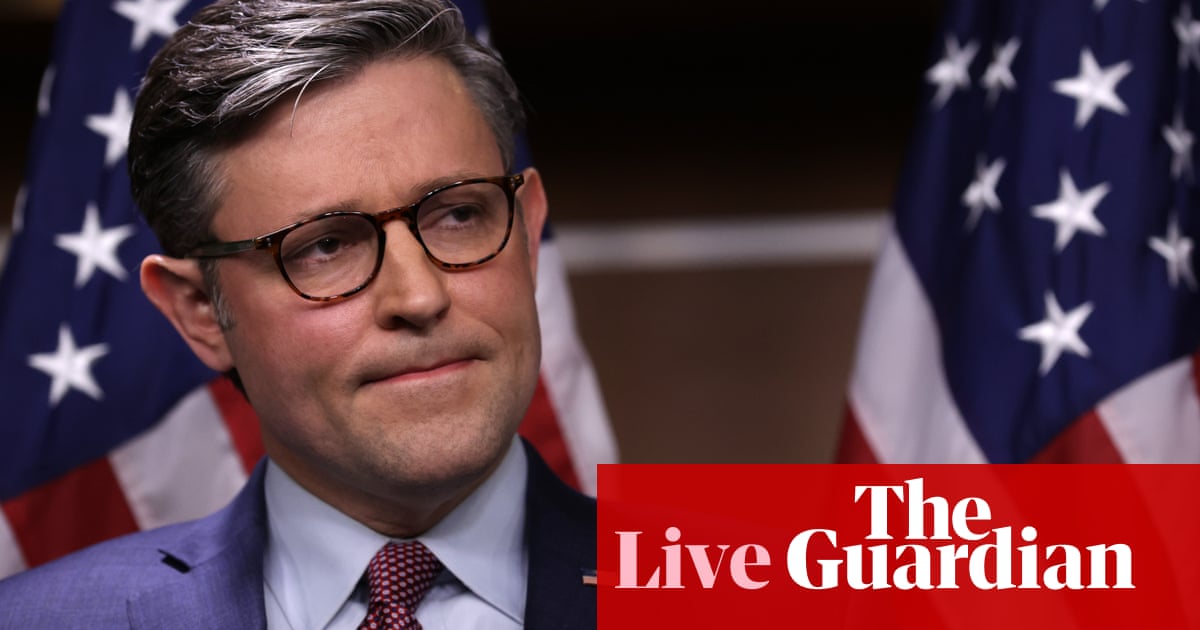
LONDON (Reuters) - Sterling skidded lower on Friday and implied volatility surged as markets increasingly priced the risk of Britain breaking away from the European Union at the end of the month without a trade agreement.
Prime Minister Boris Johnson said on Friday that Britain was likely to complete its exit from the EU without a trade deal. Current arrangements will end on Dec. 31 when Britain’s Brexit transition period concludes.
The British currency fell more than 1% against the dollar to a low of $1.3135, its weakest since Nov. 13, before recovering to $1.3230 after Germany’s foreign minister said negotiations may continue beyond a Sunday deadline.
Friday’s fall puts the pound on course for a 1.5% drop this week, the worst performance since September.
It briefly hit a three-month low against the euro before recovering some of its losses and was last trading at 91.65 pence, down 0.3% on the day..
Jitters were clear on derivatives markets too where implied volatility, an options market gauge of expected price swings, rose. One-week and overnight volatility climbed above 20% to more than eight month highs.
UK bank shares also tumbled as no-deal fears spread, with Barclays, Lloyds and Natwest down more than 4%.
The FTSE 250 would slide between 6%-10% and UK bank shares would drop 10%-20% with a no-trade deal Brexit, Morgan Stanley strategists said.
Thu Lan Nguyen, a currency analyst at Commerzbank, said the market may “price in a no-deal in the next few days”, averting a serious crash in the pound when the deadline for the trade talks expires.
“But it is also possible that the market will hold on to the hope of a last-second agreement and then be surprised by a no-deal, which would lead to major market turbulence,” she said.
While banks and bookmakers have slashed the chances of a deal, many investors believe London and Brussels will reach a last-minute agreement and the drops in sterling have not been as sizeable as in the run-up to earlier Brexit deadlines.
Some analysts say the market looks complacent.
RBC Capital Markets’ Global Head of FX Strategy, Elsa Lignos, said that while the odds of a trade deal being reached in 2020 had nearly halved since early December, a basket of sterling versus the dollar and euro was only down around 1%.
She said Brexit fatigue, expectations that the political drama is all part of a “set-up for a ‘Christmas miracle’” and the view among some that a no-deal Brexit would not be terrible explained why sterling had not fallen further.
“The GBP vol(atility) curve is reflecting the uncertainty, having comfortably inverted, but spot GBP feels complacent. Perhaps we are wrong, and makeshift agreements will tide us over,” she said.











